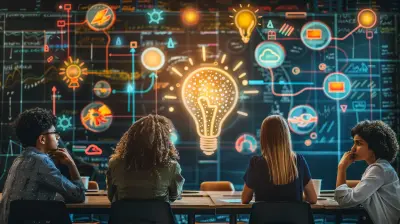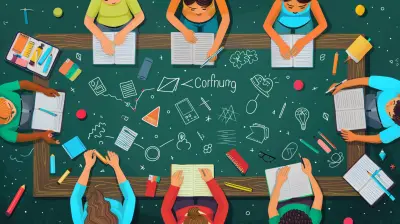The Importance of Disconnecting After School Hours
9 August 2025
Let’s be real: students today are drowning in schoolwork, extracurriculars, social media, and constant notifications. The pressure to keep up with everything is insane! But here’s the thing—without a proper break after school, students risk burning out faster than a phone battery on 1% with fifty apps open.
Taking a break after school isn’t just about kicking back and watching Netflix (although that can help too). It’s about resetting the mind, recharging, and finding balance. Let’s dive into why disconnecting after school hours is crucial and how it can actually help students perform better in the long run. 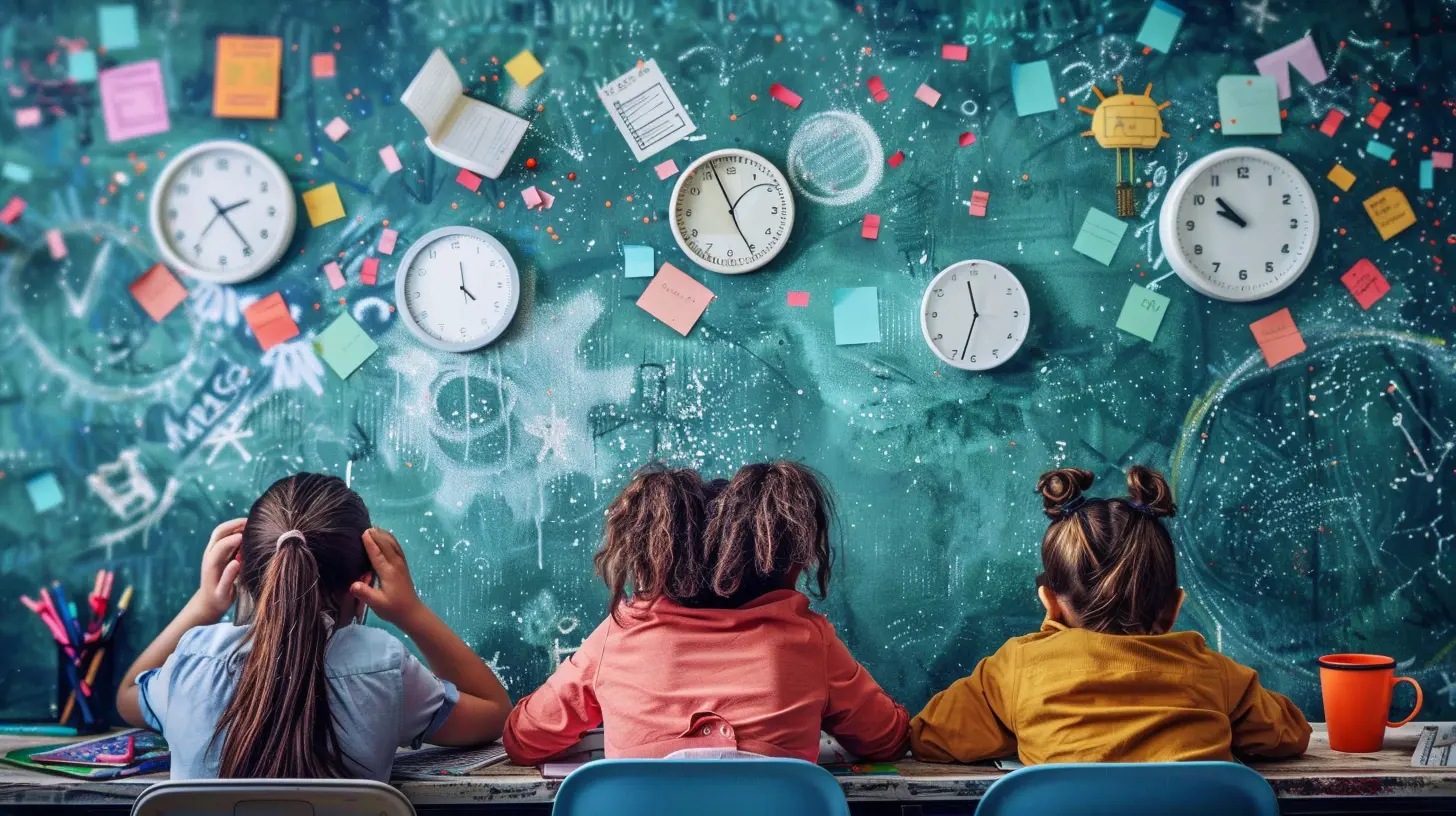
1. Mental Health Matters More Than Homework
We’ve heard it a thousand times—mental health is just as important as physical health. But do we really act like it? Students are expected to keep up with assignments, projects, and exams without a moment to breathe.Pushing through exhaustion and stress is not a badge of honor—it’s a recipe for burnout. When students don’t take time to unwind, anxiety builds up, focus drops, and motivation tanks. A little relaxation time can work wonders for mental well-being.
🔹 Fact: According to the American Psychological Association, teens today report higher stress levels than adults. That’s no joke!
So, instead of obsessing over the next test 24/7, stepping away for a bit can actually help students return with a sharper, more focused mind later. 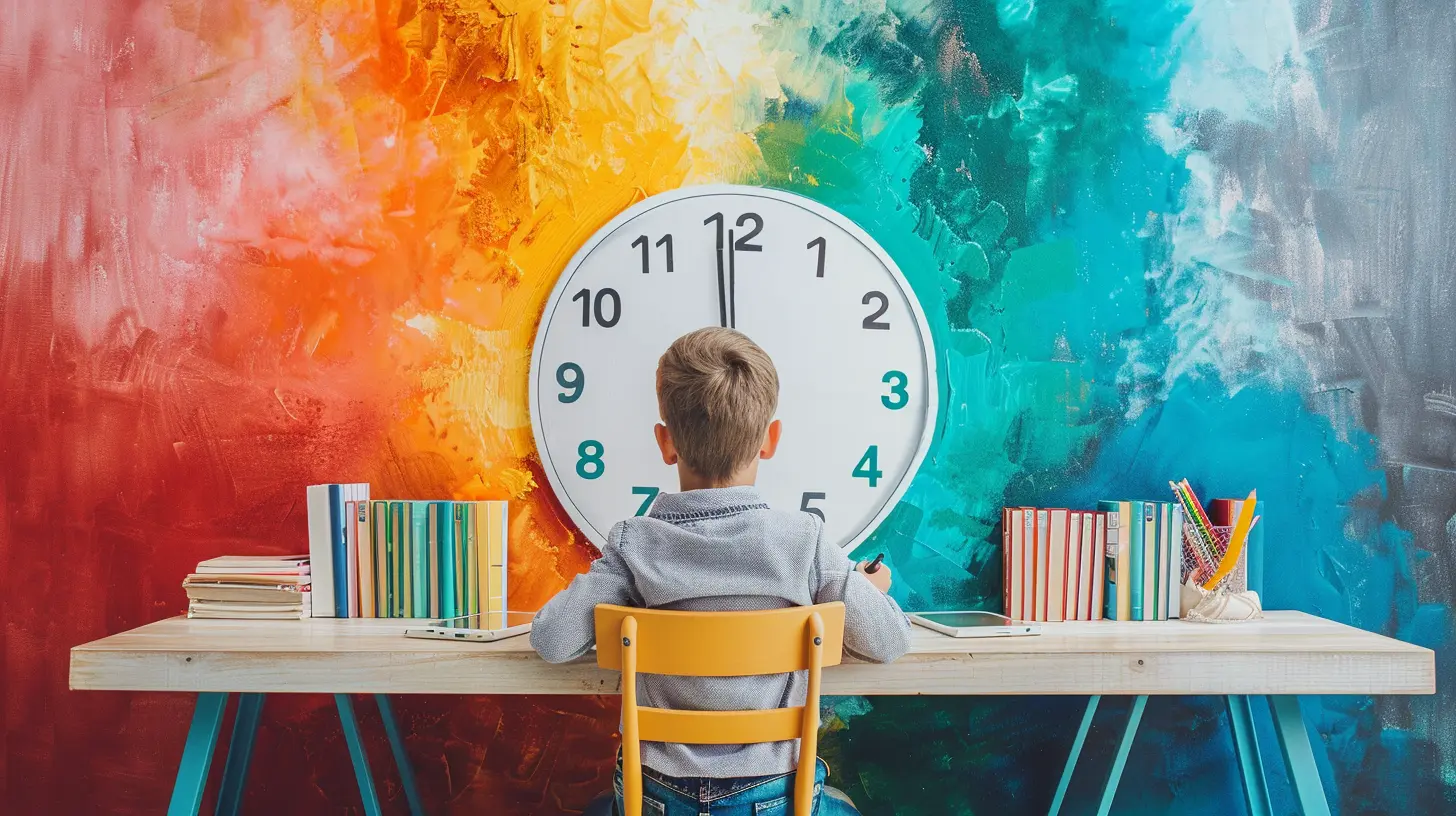
2. Screen Time Overload? Your Brain Needs a Break
From classrooms to smartphones, students spend ridiculous hours in front of screens. By the time school ends, they’ve already been staring at digital devices for hours—and yet, many go home only to dive into even more screen time.But guess what? Staring at screens non-stop is mentally draining. Blue light from screens affects sleep, social media fuels anxiety, and excessive scrolling keeps the brain in constant information overload.
🔸 The Fix? Unplug for a while after school. Take a break from screens, go for a walk, read a book (yes, those still exist), or just listen to music without doom-scrolling Twitter. Notice the difference in how you feel.
Pro Tip: Try a "Tech-Free Hour" after school. No social media, no homework, no screens—just a moment to breathe. It’s a game-changer! 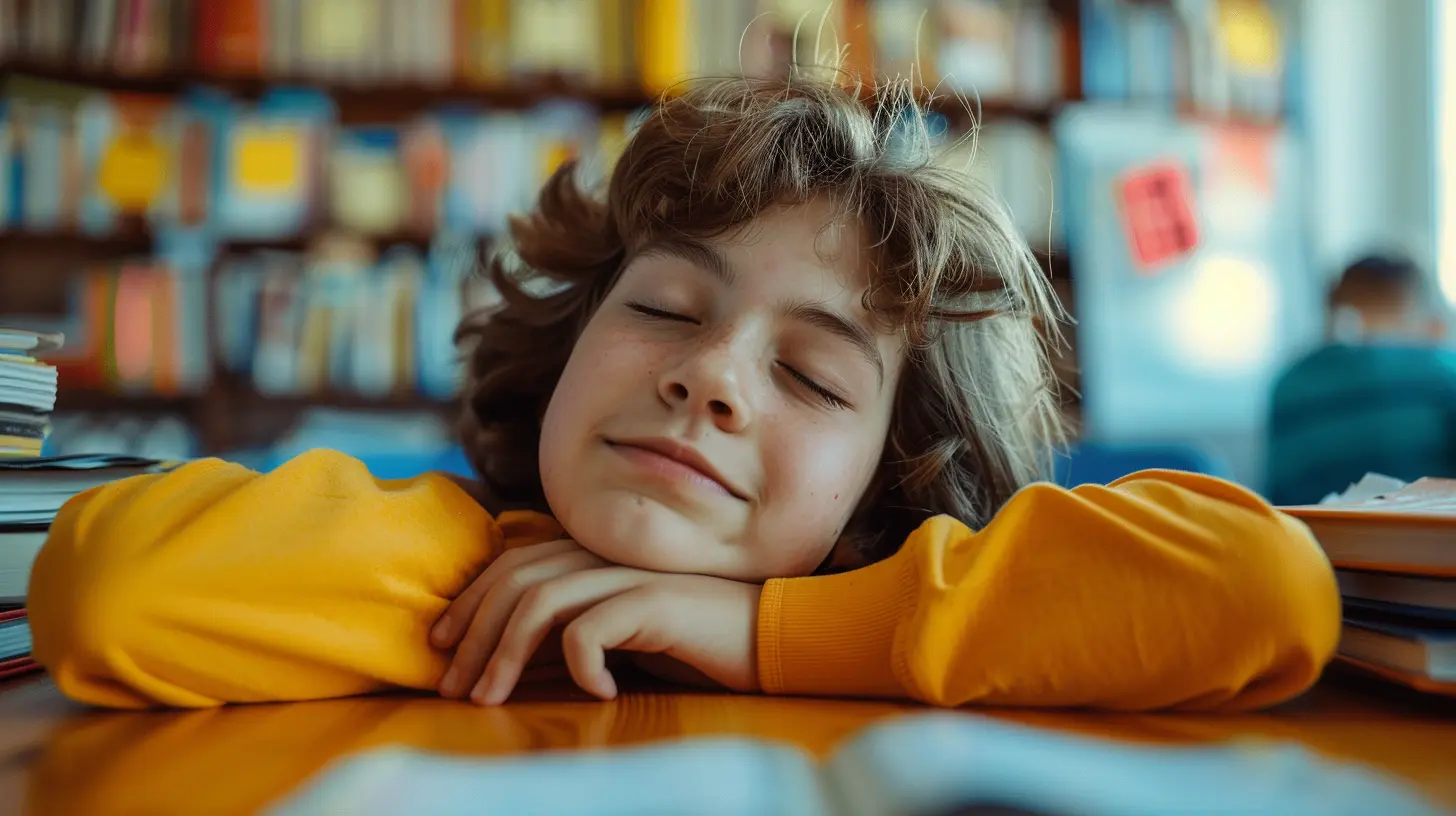
3. Real-Life Socializing Beats Digital Friendships
Yeah, texting is convenient. But nothing beats face-to-face conversations. Socializing in person builds communication skills, strengthens relationships, and—let’s be honest—makes moments more memorable.There’s something irreplaceable about laughing with friends in person, playing a sport together, or just having a deep conversation without emojis doing the talking.
So instead of spending all evening glued to group chats, how about actually meeting up with friends? Play a game, go for a walk, or just talk—like, actually talk. 
4. Sleep: The Ultimate Brain Booster
If there’s one thing students don’t get enough of, it’s sleep. Sleep deprivation is a silent academic killer. It messes with focus, memory, and even mood. Staying up late to cram for exams? Bad idea.Here’s the deal: Disconnecting from schoolwork and screens at least an hour before bed can massively improve sleep. The brain needs time to slow down before sleep kicks in.
🔹 Quick Fix: No screens at least 30-60 minutes before bed. Trust me, your future self will thank you when you wake up feeling refreshed instead of a sleep-deprived zombie.
5. Hobbies = Happiness
School doesn’t define who you are. Students need time to explore their passions—whether it’s drawing, playing an instrument, coding, cooking, or even just chilling with a hobby they love.Hobbies aren’t just “fun activities.” They reduce stress, boost creativity, and even develop skills that might be useful later in life.
So instead of spending every second worrying about academics, take time for the things that make life exciting. The world is bigger than just schoolwork.
6. Family Time: More Important Than You Think
Believe it or not, family time matters. Spending quality time with family creates stronger bonds, provides emotional support, and reminds students they’re not alone in their struggles.Dinner table conversations, game nights, or even just watching a movie together can help students feel more connected and less overwhelmed by school stress.
Challenge: Try having at least one meal with family every day—without distractions. You’d be surprised at how refreshing it can be.
7. Better Focus When It’s Time to Work
Ironically, taking a break actually helps students get more done. When the brain doesn’t get downtime, it becomes fatigued, making studying harder and less effective.A well-rested mind can memorize faster, think clearer, and focus better. That’s why taking breaks isn’t just about fun—it’s a productivity hack!
So next time you feel guilty for NOT studying 24/7, remember: smart breaks = better results.
Final Thoughts: Balance is the Key
Look, school is important. But so is mental health, happiness, and personal growth. Piling on endless work without breaks does more harm than good.Students need time to breathe, to relax, to live. Disconnecting after school doesn’t mean slacking off—it means creating a better balance where both productivity and well-being can thrive.
So, the next time school ends, take a step back. Unplug. Relax. And remember—life happens beyond the classroom walls.
all images in this post were generated using AI tools
Category:
Teacher Burnout PreventionAuthor:

Bethany Hudson
Discussion
rate this article
1 comments
Marissa Mahoney
Time unplugged fosters balance, creativity, and personal growth.
August 30, 2025 at 4:40 AM

Bethany Hudson
Absolutely! Unplugging allows for reflection and creativity, essential for personal development and overall well-being.
